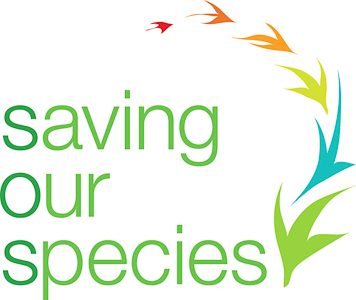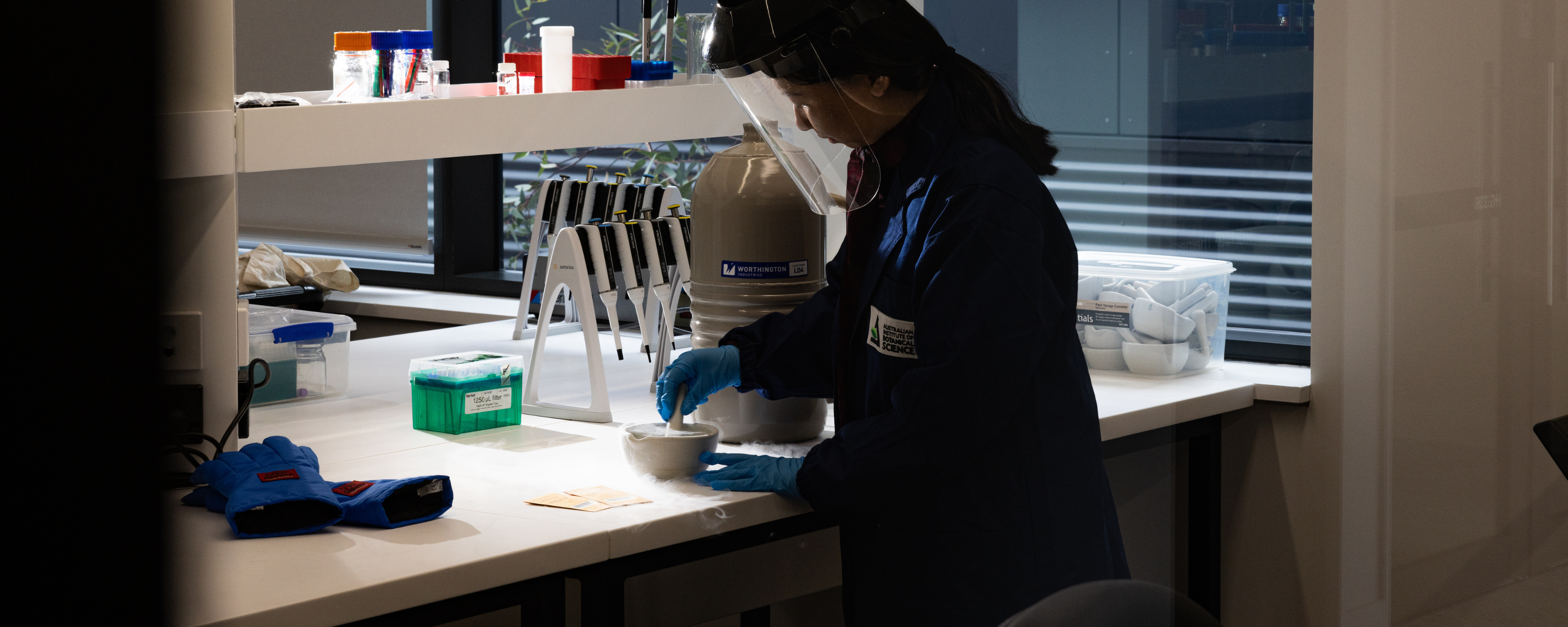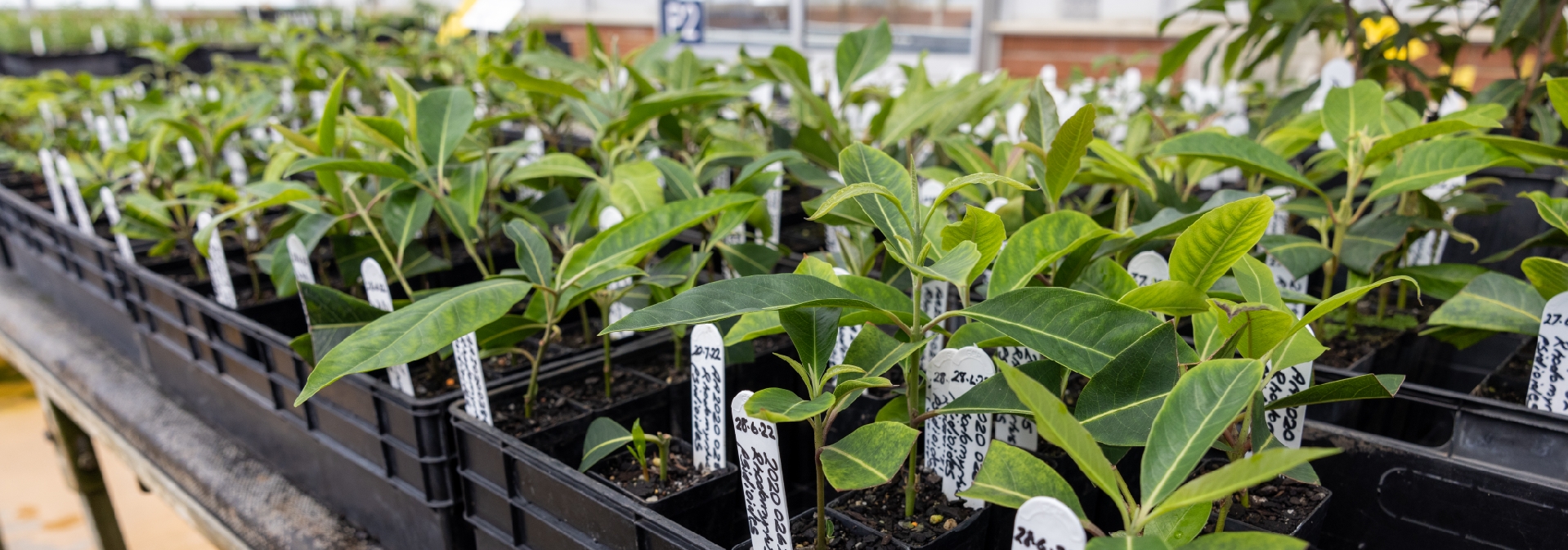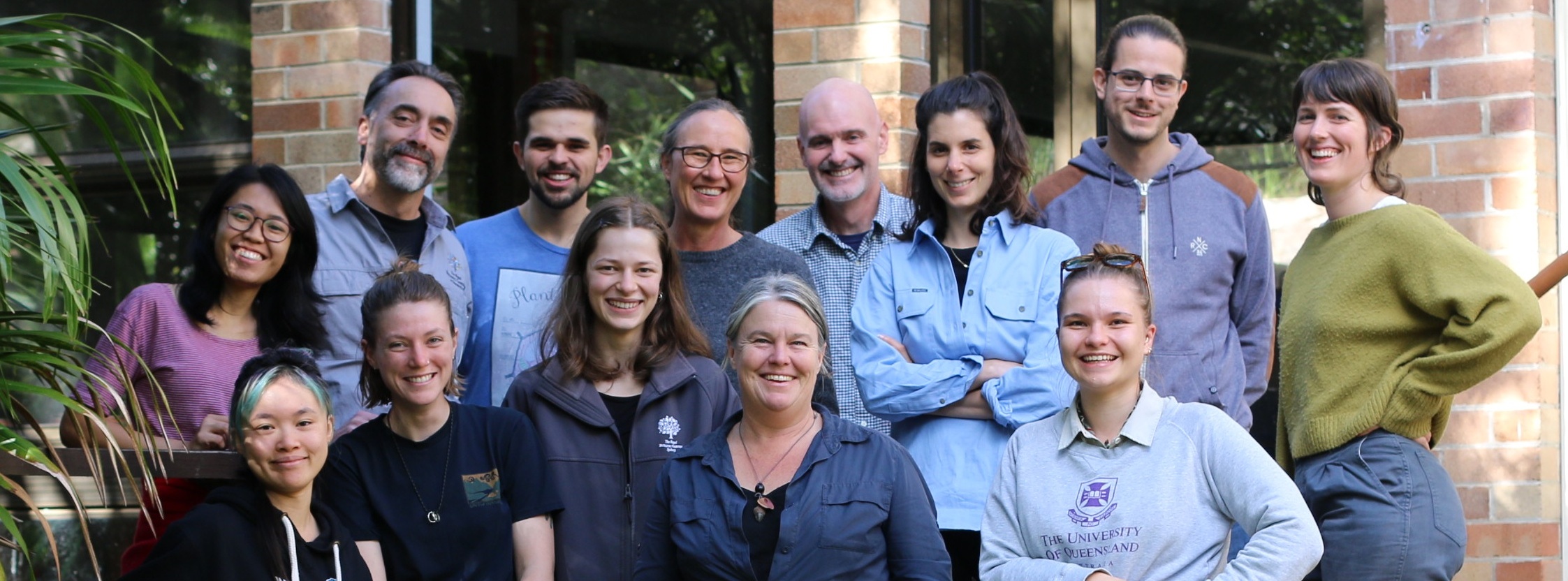This workshop is in the past. To be notified of future workshops subscribe to the ReCER Newsletter.
Genomic information can improve the effectiveness of recovery programs for threatened plants, from informing resilient restoration practices to establishing evolutionarily representative ex situ collections.
Simple genomic studies should be viewed as an initial step in decision-making, as they inform long-term recovery efforts in multiple ways.
We introduce and explain simple, standardised workflows that will guide efficient planning and application of genetic information across disparate projects and illustrate these with relevant examples.
Numbers limited.
Relevant publication: A conservation genomics workflow to guide practical management actions
Date and time
Location
Maiden Theatre,
The Royal Botanic Garden Sydney
Mrs Macquaries Road, Sydney.
Draft program
9.15 am 9.30 10.00 10.30 11.00 11.30 12.30 pm 1.00 1.30 2.30 3.30 4.00 | Tea and coffee Introduction to workshop Knowledge Infrastructure for biodiversity management (Maurizio Rossetto) Genetics for conservation: concepts, theory, and examples (Jason Bragg) Break Some relevant threatened species examples (Samantha Yap) Germplasm collections: seed collecting and seed production areas (Marlien van der Merwe) A genomics era myrtle rust management strategy (Stephanie Chen) Lunch (provided) General discussion and Q&A session Sampling techniques and managing data Close |
For more information contact Maurizio Rossetto, Head of Research Centre for Ecosystem Resilience (ReCER)







